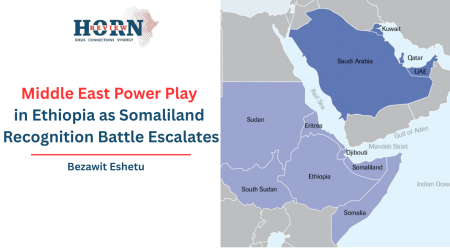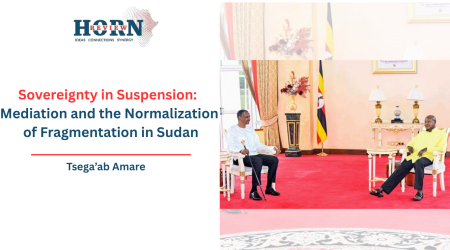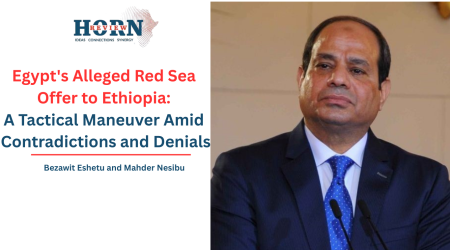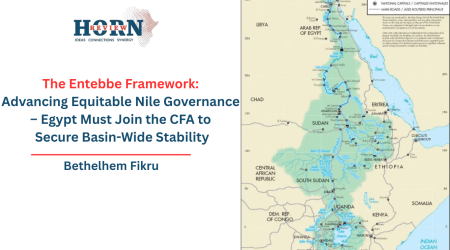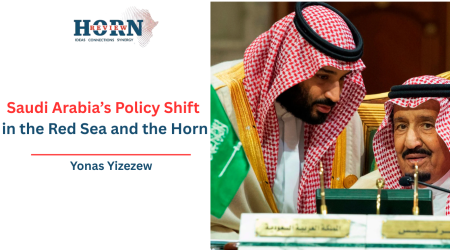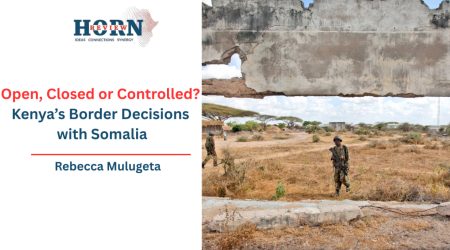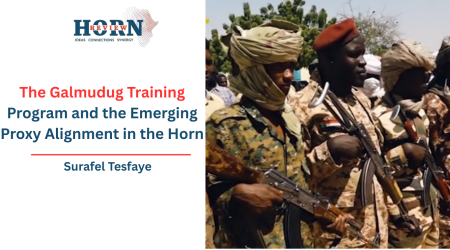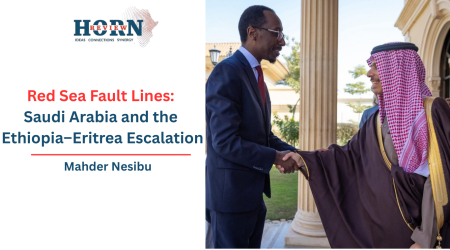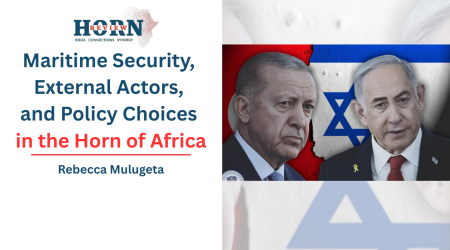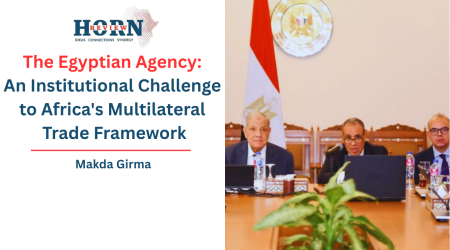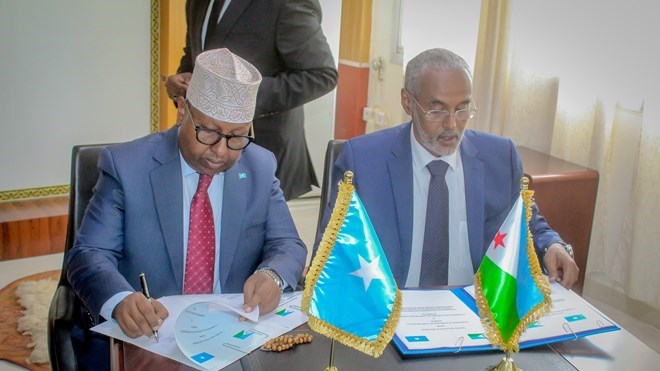
13
Aug
Revisiting the History of Djibouti Troops in Somalia and Way Forward
A Mogadishu-based media outlet, Xinhua, reported on July 30, 2025, that Somalia and Djibouti signed an agreement allowing the deployment of more Djiboutian troops. The goal of this agreement is to “boost stabilization efforts” of Djibouti in Somalia. According to this report, the rule of engagement involves stating the priorities agreed upon between the two parties. According to the report, the modalities of intervention, reciprocal obligations, and coordination mechanisms have been outlined in the agreement. It is stated that Djibouti reaffirms its unwavering commitment to peace and security efforts in Somalia by this additional deployment of troops. This piece will critically examine Djibouti’s deployment of troops in Somalia.
When Guelleh came to power in 1999, his interest was in changing his predecessor’s foreign policy, that is, Gouled’s policy of self-preservation. This survival policy was necessary because the newly formed state of Djibouti had feared annexations from either Somalia or Ethiopia. In 1999, Guelleh came to power with a proactive shift from survival foreign policy to the exercise of regional power politics. He accomplishes this task through political interventions in neighboring countries’ internal politics and personal diplomacy.
His most influential and typical political intervention is in Somalia. He hosted Somalia’s national reconciliation conference, that is, the Arta Conference (from May to August 2000), which led to the Transitional National Government (TNG) of Somalia. In early 2000, he also commenced an intensified personal diplomacy effort, including travelling in Africa and the Gulf areas and attending meetings such as the common market and eastern and southern Africa (COMESA) meeting in Kenya. In early 2000, he met Mubarak in Cairo to improve bilateral political and economic relations with the Egyptian leader. He further attended a summit meeting in Sana’a (Yemen), where Djibouti, Sudan, and Yemen discussed security, political, economic, and social cooperation. His visit to the UAE during this time is part of his activism. In all these trips, Guelleh stated loud and clear that he wanted to secure diplomatic support for Djibouti’s Somali national reconciliation initiative. However, the key question is why all these efforts do not bring about peace and stability in Somalia.
The outcome of active involvement in the Somali internal politics did not bring peace to Somalia, but rather redefined Djibouti’s foreign policy in the Horn of Africa. It served as a strategy for becoming a key player in the regional power politics of the Horn of Africa. The race seems to be with Ethiopia, which is the regional powerhouse that is expected to handle mediation efforts, as recognized by the regional organizations such as IGAD. However, Djibouti has somehow hijacked this role of Ethiopia and made key efforts to reconcile the warring factions in Somalia and help reconstruct the country. Yet the question is whether this effort has any benefit to Djibouti. A peaceful Somalia diminishes not only Djibouti’s influence as the port service provider of Ethiopia, but also revives the threat of the Great Somalia Agenda. Maybe the intentions are not genuine and counterproductive to efforts in bringing forth political stability in Somalia.
So far, Djibouti keeps going with its activism as the favorable conditions are still alive. The anti-terrorist effort that Djibouti supports allows it to still work with the US. The political instability in Somalia is another favorable condition that mutes the greater Somalia agenda. The continued tension between Ethiopia and Eritrea has forced Ethiopia to be fixated on using the port of Djibouti, despite the inconveniences and inefficiencies in using this port.
In sum, the deployment of Djiboutian troops helps Djibouti to maintain its strategic significance in the region, but this does not help the people of Somalia and the overall stabilization efforts in the Horn of Africa. Although sovereign states have the right to forge bilateral relations with any country to foster their economic strength and military power, UN-mandated organizations such as the African Union Support and Stabilization Mission in Somalia (AUSSOM) should be taking the major role in bringing peace to Somalia. The involvement of Djibouti in this effort seems positive, but after a careful evaluation of its history of intervention, the AUSSOM must come up with a clear statement on whether the deployment of Djiboutian troops is a counterproductive action or not. AUUSSOM might outsource its stabilization efforts, if need be. Yet military cooperation that does not add up and improve the international organization’s efforts might not be good for the purpose.
The most effective way of bringing stabilization in Somalia should aim at transferring full security responsibilities to the Somali security forces. AUUSOM set this goal to be done by December 2029. The approach to achieving this goal is a phased one in four stages. Yet the neighboring countries’ interference might be counterproductive to the long-term interests of Somalia in building up its state and securing its sovereignty. Thus, the deployment of Djibouti’s or Egypt’s troops in Somalia must be seen from the perspective of the stated goals of the international efforts. Somalia should not be exploited to fulfill others’ political agenda, and its people deserve to stand on their feet, and the allies should be only those who are dedicated to the former goal. In this regard, Ethiopia has been a key security force that helps Somalia and the international community to counter terrorist efforts. Thus, strengthening the relation with Ethiopia might pay off in the end.
By Markos Haile Feseha (PHD), Researcher, Horn Review

